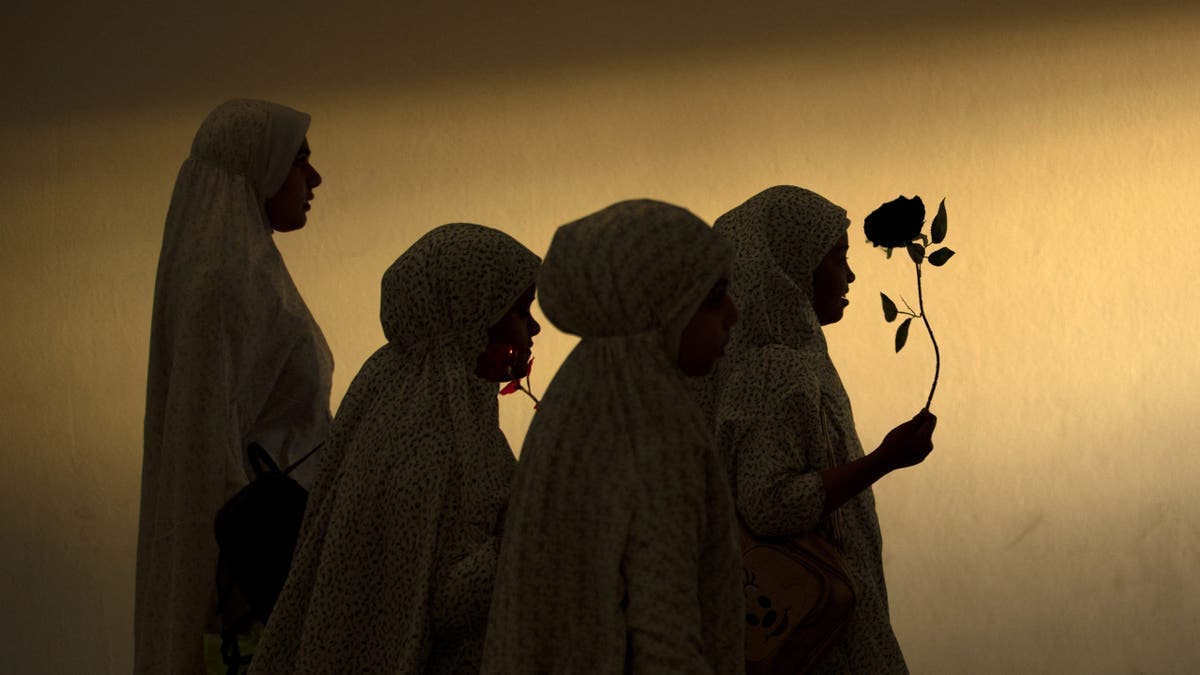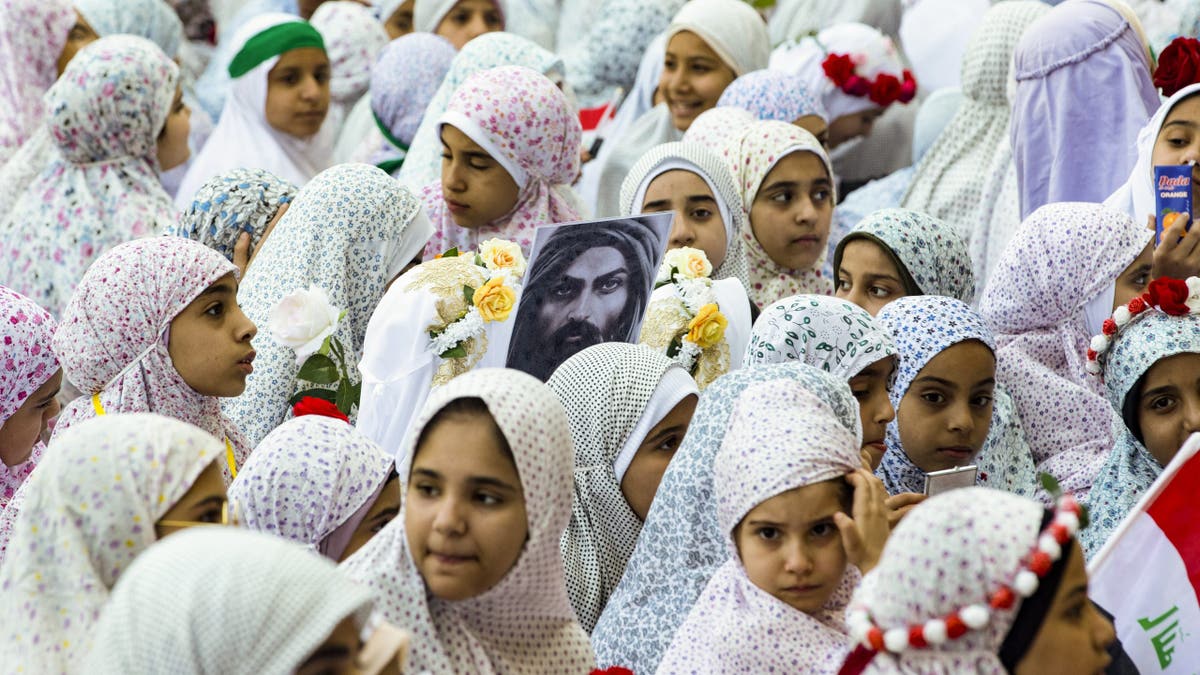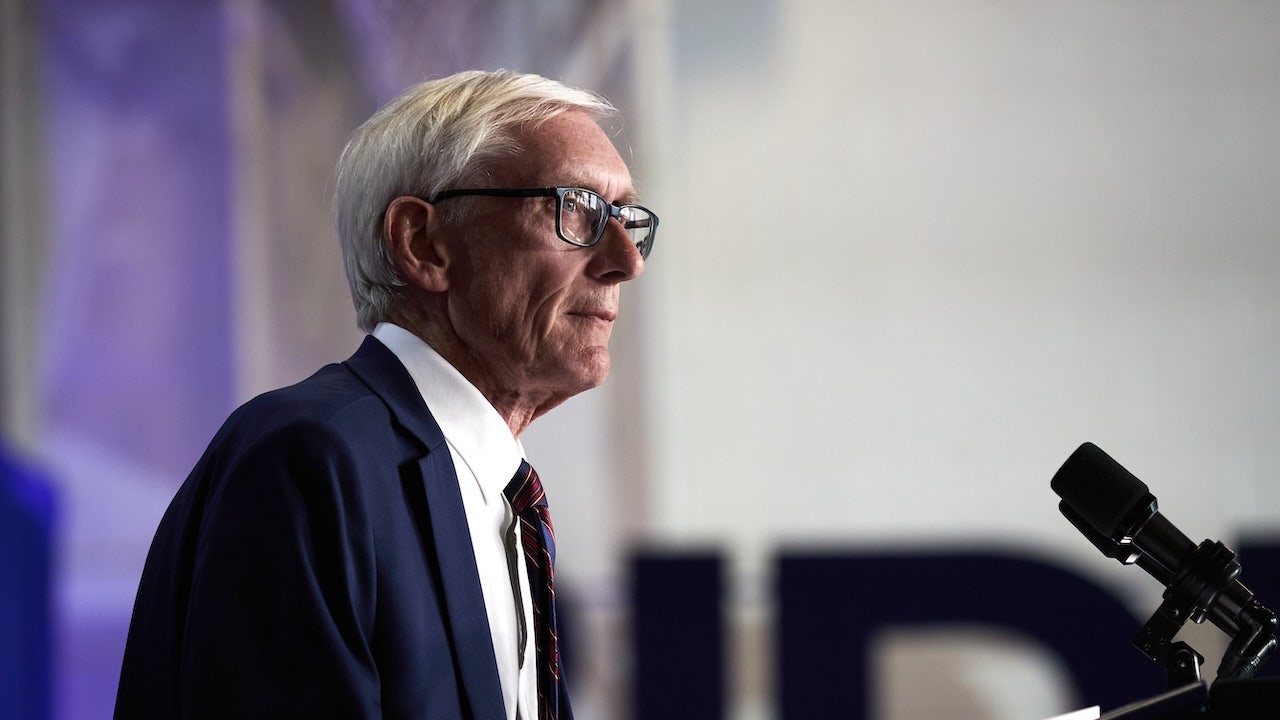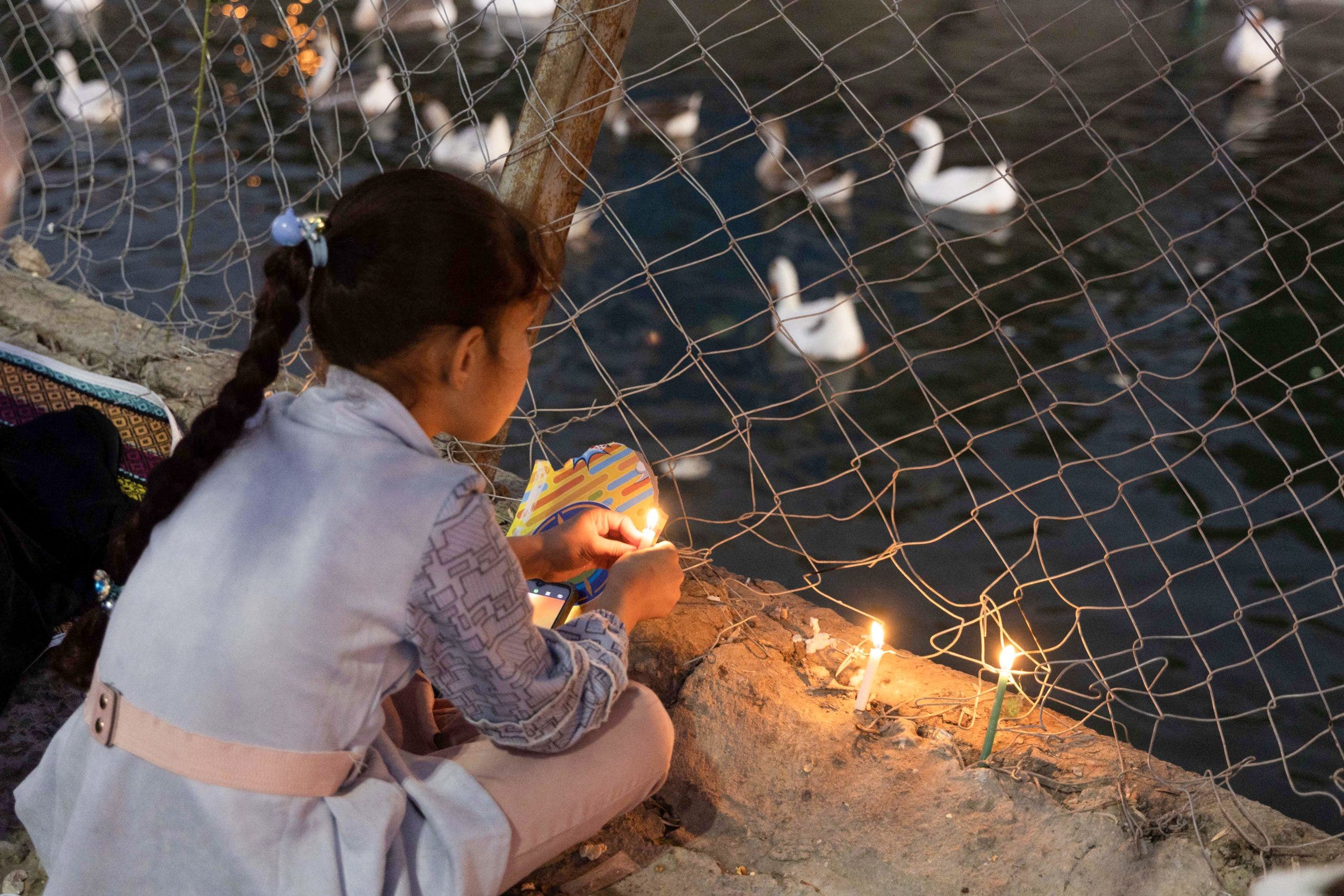Iraq’s potential law to reduce the age of consent from 18 to just 9 years old stands as a troubling proposal that many activists are calling a form of legalized child rape.
This alarming law would enable parents to arrange marriages for their very young daughters.
In Iraq, the absence of a male guardianship system allows women to independently make significant decisions regarding their lives—marriage included. But under the new legislation, religious authorities would have the power to officiate marriages for minors, fundamentally changing the landscape of women’s rights.
The proposed law is advancing through the Iraqi parliament amidst fierce opposition from female parliament members and various activist organizations. According to reports from the Guardian, these advocates are raising their voices, demanding an end to this troubling trend.
“This is a catastrophe for women,” remarked Raya Faiq, a dedicated leader of a coalition built to oppose this legislative change. This coalition comprises several Iraqi MPs and engaged citizens seeking a different future.
“My family and I do not support child marriage. Imagine my daughter marrying while still a child, only to see her husband later deciding to marry my granddaughter young. This law would make such scenarios possible without any objection from me. It legalizes child rape,” she shared, her words heavy with emotion.
If enacted, this law would strip away fundamental rights for women, echoing distressing patterns witnessed in regimes known for oppressive philosophies.

In cities across Iraq, from the bustling streets of Baghdad to quieter towns, citizens have taken to the streets to voice their dissent. When their protests collide with local law enforcement, the atmosphere grows tense, yet the cries for change resonate louder.
Historically, the legal framework surrounding marriage in Iraq mandates a minimum age of 18, in place since the 1950s. Nevertheless, UNICEF reports that a staggering 28% of girls in Iraq marry before reaching adulthood.
Nadia Mahmood, who co-founded the Aman Women’s Alliance in Iraq, expressed concern over the fears harbored by male-dominated legislative bodies. “The political scene shifted after the mass youth protests of 2019. Politicians began to perceive the rising influence of women’s organizations as a threat to their authority and sought to suppress these movements,” she lamented, encapsulating a growing unease within society.

Despite being a minority, 25 female government officials have rallied against the proposed law, yet they face staunch resistance from their male counterparts. The dialogue surrounding women’s rights has transported this theme to the forefront of political discourse, yet many feel powerless.
“Male MPs callously inquire what’s wrong with marrying a minor. They fail to grasp their responsibilities as legislators, letting narrow-mindedness guide their reasoning instead,” lamented Alia Nassif, an Iraqi MP, expressing frustration with the ongoing discourse.
Protesters’ anxieties are palpable, as many wonder what future awaits their children if such legislation takes root. Azhar Jassim, who married at 16 after leaving her education behind, reflected on her own experiences, saying, “I have one daughter. I don’t want her to be forced like me to marry as a child.”






































